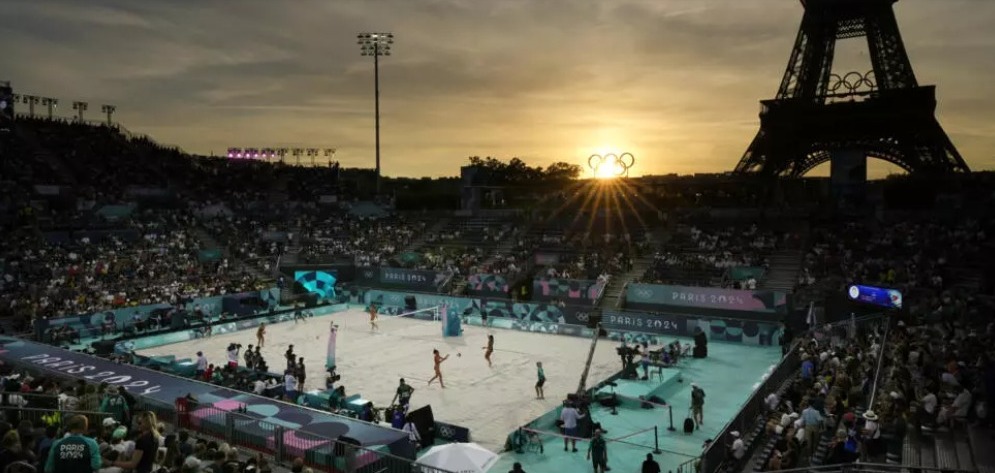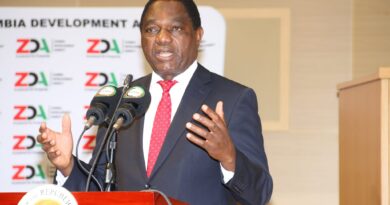Future of Olympics in Doubt as Climate Change Drives Up Temperatures
The soaring impact of climate change could turn the Olympics into a test of endurance not just for athletes but for organisers of future summer Games, who may find it less and less feasible to host them.
As global temperatures rise, the viability of holding the Olympics in the summer is being called into question. Thomas Bach, president of the International Olympic Committee, himself underscored the urgency of the issue.
“If the climate change is continuing in a way that the experts are forecasting it then it will be very difficult to organise Olympic Games in summer,” Bach warned in August.
By 2050, cities that have previously hosted the Games, such as Beijing, Rome, Rio de Janeiro and Tokyo, might face dangerously high temperatures during July and August – putting the health of athletes and spectators at risk.
CarbonPlan, a climate non-profit, has predicted extreme heat events for these cities, with temperatures potentially surpassing thermal stress thresholds that include not just Celsius temperatures but also humidity and solar radiation.
“We found that this heat burden is going up everywhere. Places that used to be hot only a handful of days are now going to be hot for many days,” Oriana Chegwidden, a scientist at CarbonPlan, told RFI.
“And unfortunately the time when the summer Olympics are typically held coincides with the worst heat of the year in most of the world … Heat is something poeple need to be taking into account. This is a form of climate adaptation.”
So what does this mean for the future of the Games? Hosting may need to shift to cooler regions such as Canada, northern Europe or major cities in the southern hemisphere.
The IOC is already addressing these challenges. Sébastien Racinais, a sports performance engineer, has recommended adjustments for the IOC, such as modifying competition schedules or enhancing medical care for heat-related illnesses.
“What has been implemented at the Olympics and is now used in other international events is a medical tent dedicated to treating heatstroke,” Racinais said. “We use a cooling system that is quite rudimentary but very effective, which involves immersing the athlete in an ice bath.”
Another potential solution is to move the Olympics to later in the year to avoid peak summer heat.
The issue also extends to the winter Games, with decreasing snow cover in many mountainous regions presenting additional challenges.
Source: RFI



